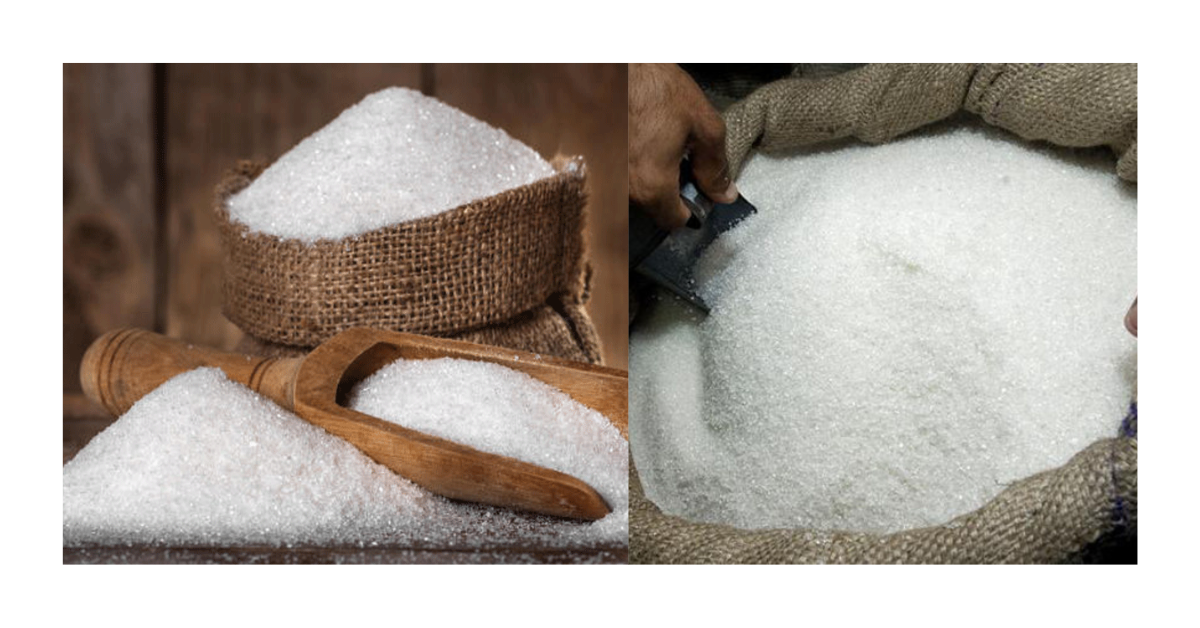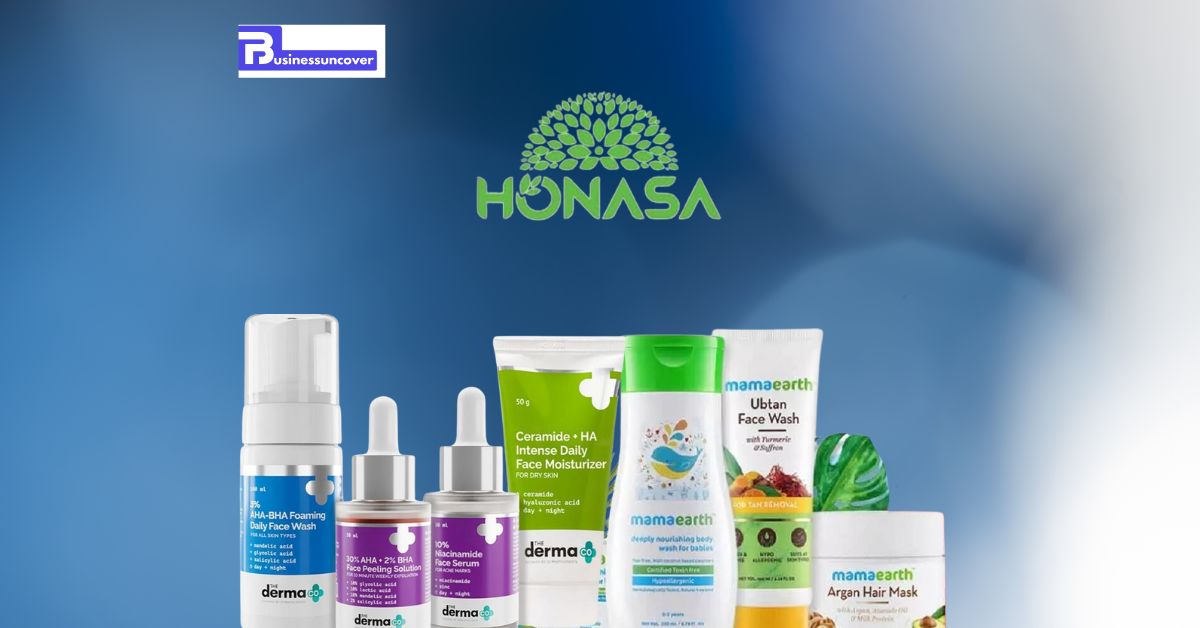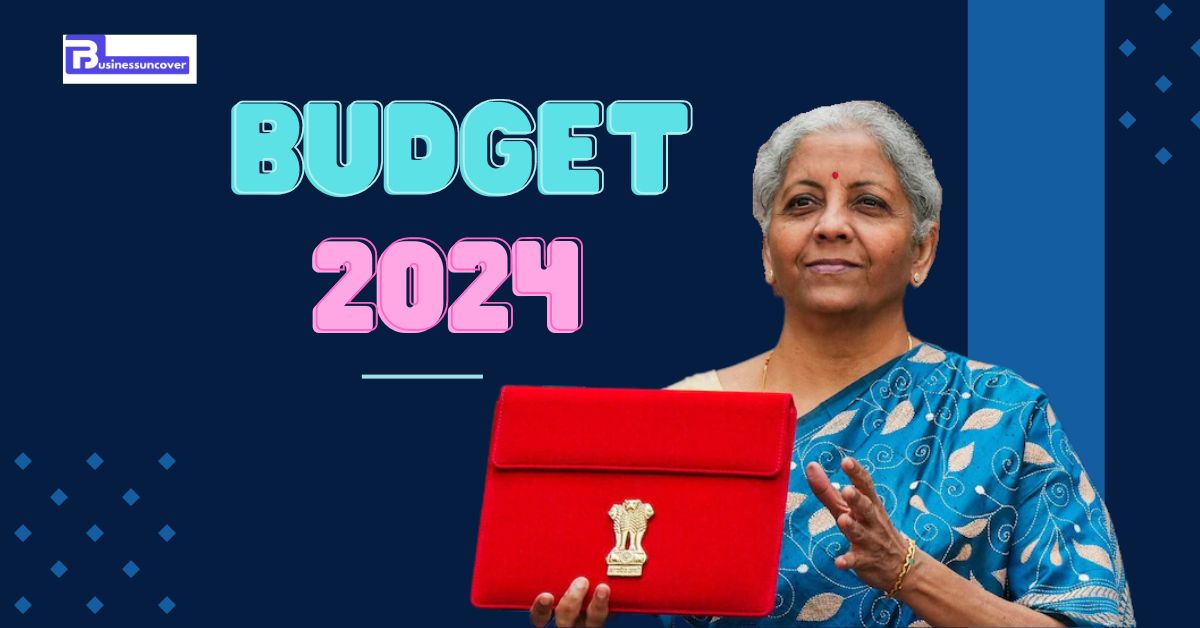Brazil- An official in the World Trade Organization (WTO) stated that Brazil has offered its ethanol technology to help India keep a portion of its sugar production off the international market and to resolve the disagreement over how each nation handles its production of the commodity.
In 2022, Brazil accounted for approximately $11 billion of sugar exports, with India coming in second with approximately $5.7 billion. Regarding the domestic support they give to their farmers, which they claim helps them undercut each other in the highly competitive global sugar market, both parties have challenged one another.
The official stated that the offer of ethanol technology was made to assist India in using its surplus sugar production and to lessen competition for Brazil on the global market.
Ethanol production accounted for 43 lakh metric tonnes, or approximately 11%, of the 373 lakh metric tonnes of sugar produced during the 2022–2023 sugar season, which ended on September 30.
He said that the industry had a positive discussion with the government regarding the Brazilian proposal.
For the sixth meeting of the India-Brazil Trade Monitoring Mechanism, where the cooperation on renewables and biofuels was discussed, Commerce Secretary Sunil Barthwal traveled to Brazil from October 1 to October 4.
The plan to gradually increase the percentage of ethanol blended in petroleum-based vehicle fuels and reduce reliance on imported crude oil aligns well with the objectives of the Indian government.
Boasting a 25% blending level, Bazil is a leader in gasoline blended with ethanol. With 83% of new light vehicle sales in Brazil expected to come from flex-fuel vehicles by 2022, these vehicles, which can run on either gasoline or ethanol, have secured a significant market share.
From the current 12%, India wants to blend 20% ethanol into gasoline by FY 26. A blend of ethanol and diesel is also being experimented with. With increased blending, all international automakers offer vehicles with flex-fuel engines; these vehicle variants may eventually find their way into the Indian market.
The Indian government is pushing ethanol as a way to increase farm income in addition to lowering the cost of petroleum crude oil imports and aiding in the decarbonization of transportation.
Ethanol has reportedly been shown to increase sugarcane farmers’ profits by 15%. There is less incentive to raise sugar prices because ethanol generates extra revenue for farmers. The liquidity and profitability of sugarcane processors are also increased by it.
India first complained about Brazil’s sugar subsidies in 2005, and the two countries have been embroiled in numerous WTO disputes over sugar. India won this particular round.
Brazil contested India’s export subsidies and assistance programs for sugarcane growers in 2019. According to Brazil, these actions went against the WTO’s Agreement on Agriculture (AoA).
India was found to be in violation of the complaint’s ruling, and an appeal was filed. Brazil has offered its ethanol in the settlement of the dispute because the WTO’s Appellate Body is presently non-operational.







